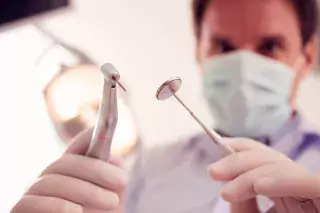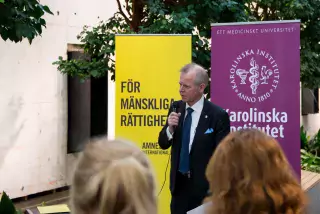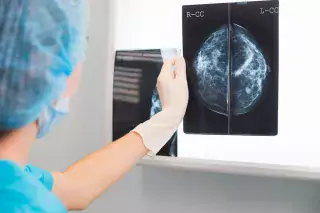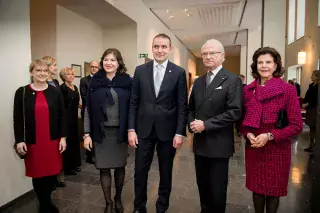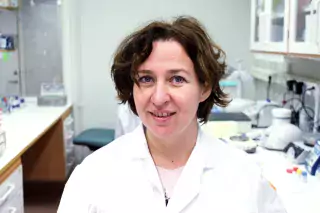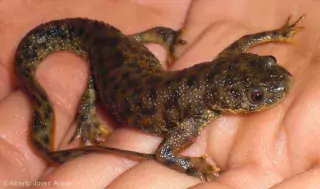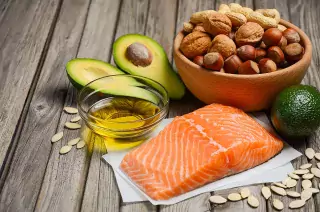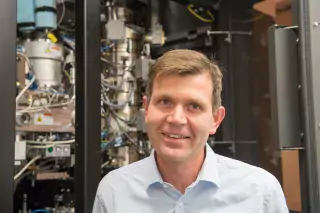News archive
On this page you can search for older news. Choose a topic, type of news or enter your own keyword to filter out news.
View compact
Researchers Petter Brodin and Carl Sellgren Majkowitz at Karolinska Institutet have been accepted into the Wallenberg Clinical Fellows research programme, meaning a three-year appropriation financed by the Marianne and Marcus Wallenberg Foundation.
News
In a study published in Cell Chemical Biology this week, researchers from MTC (Michael Landreh, David Lane, Sonia Lain, Marcus Ladds et al), KTH, Uppsala University, and the University of Oxford, used a new strategy to find out how anticancer drugs bind to the membrane protein dehydroorotate dehydrogenase (DHODH), a new cancer target.
News
A study by researchers at Karolinska Institutet and the University of Copenhagen published in Nature provides new and important knowledge about how the brain controls locomotion. In research on mice, scientists have discovered that specific start cells in various locations in the brainstem control whether the mouse walks or runs. This research may lead to new treatments for diseases and injuries that adversely affect locomotion.
News
Jorge Ruas, Associate Professor at the Department of Physiology and Pharmacology at Karolinska Institutet, is the recipient of The Leif C. Groop award for outstanding diabetes research for his work on muscle and exercise physiology and critical signalling pathways in skeletal muscle, liver and fat tissue.
News

The failure of drugs such as SSRIs, used to treat depression, can be a result of genetic variations in patients. Variations within the gene that encodes the CYP2C19 enzyme results in extreme differences in the levels of escitalopram achieved in patients, according to a new study published in The American Journal of Psychiatry. Prescribing the dose of escitalopram based on a patient’s specific genetic constitution would greatly improve therapeutic outcomes.
News
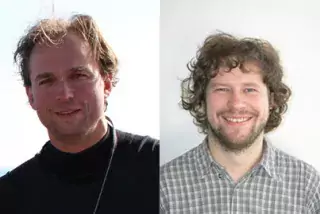
This week the British Journal of Pharmacology publishes a themed section entitled “WNT Signalling: Mechanisms and Therapeutic Opportunities”.
News
MTC awards were presented to the following categories and recipients from the Head of Department Pontus Aspenström this December:
News

Five researchers at Karolinska Institutet have been approved Distinguished Professor Grant by the Swedish Research Council, each of approximately 3.5-5 million SEK annualy for ten years. In total almost half a billion SEK will be allocated to ten researchers in Sweden.
News
Nick Tobin, Arian Lundberg and colleagues have shown the broad clinical utility of the Recurrence Score and PAM50 breast cancer gene signatures in two papers published simultaneously in Clinical Cancer Research.
News
Gunilla Karlsson Hedestam has been awarded a Distinguished Professor Grant from Vetenskapsrådet, one of 5 recipients at Karolinska Institutet. The grant for the project "Genetic studies of antibody diversity" consists of a 5 Million SEK yearly grant over a ten year period for a total amount of 50 Million SEK.
News
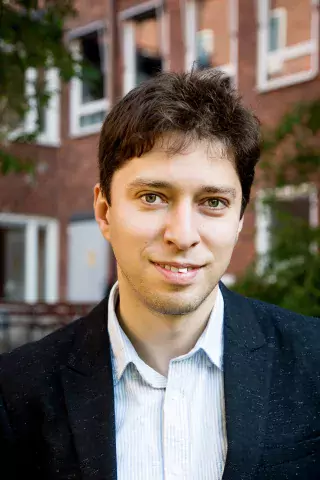
Igor Adameyko, senior researcher at the Department of Physiology and Pharmacology, was awarded the Hans Wigzell Research Foundation Science Prize (Hans Wigzells Forskningsstiftelses vetenskapspris) on November 29, 2017.
News
Helena Nordenstedt wanted help her young patient – but her act of kindness went wrong.
News


